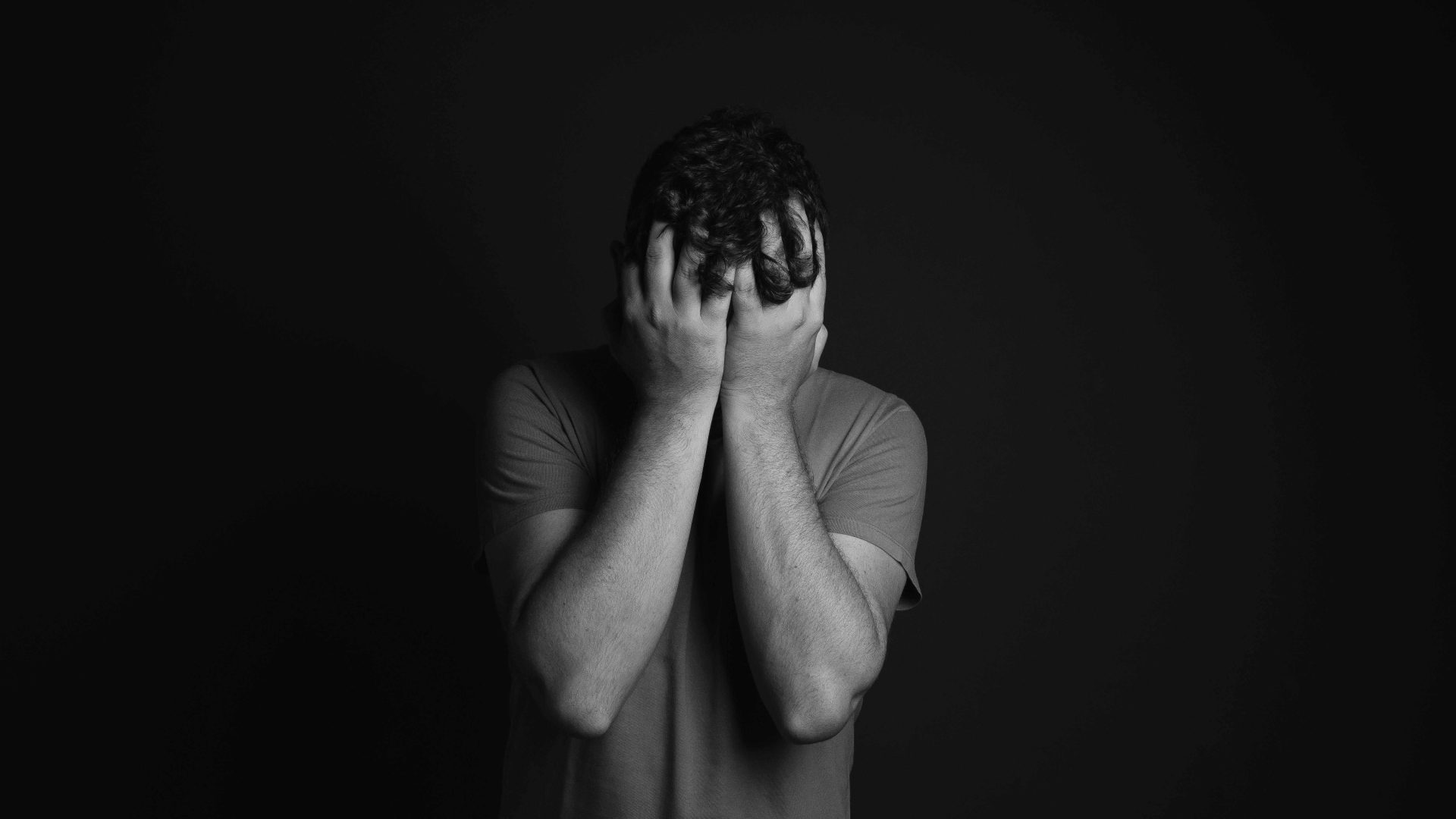In this article, you will learn about depression, how depression may present for men, and where men can find help for depression. Also, if you are looking for a counsellor who works with male depression, you can find a link at the bottom of this article.
Depression, the dreaded word that a lot of people don’t like to associate with. But why has depression become a taboo topic and how is there still stigma around this, especially in relation to men?
What is depression?
Depression is in fact a serious mental health condition that affects around 1 in 10 people. Nobody decides to be depressed, and it doesn’t discriminate, meaning it can affect anyone regardless of age, race, gender, income, ethnicity, culture or education. There’s no ‘one size fits all’, depression can affect people differently and cause a wide range of symptoms, which can be mild, moderate or severe. Some of the common symptoms include persistent feelings of unhappiness and hopelessness, being tearful, a feeling of emptiness, self-harming and suicidal behaviour, a loss of interest in socialising or hobbies and disrupted sleep or feeling very tired or low energy.
How does depression differ between Women and Men?
There does seem to be a difference in how men and women experience and view depression. Research suggests that women are twice as likely as men to be diagnosed with depression, however, despite this, there is a higher rate of male suicide. One reason for this is under diagnosis in men, due to traditional gender roles and societal expectations. This leads to men hiding their depression from family, friends and even themselves due to the stigma around depression and men’s mental health.
Why men don’t talk about depression.
It is recognised that those who adopt the more traditional male masculinity role, have higher rates of depression and have a negative perception around seeking help. This traditional masculine role is a set of socially constructed norms and expectations that men can adopt, usually from childhood. Young boys are born just as emotionally sensitive as girls, but as they grow up, they learn from parents and other people around them, gender appropriate behaviour. The phrase “big boys don’t cry” suggests to boys that men, in particular, should not “whine” or express sadness, making it feel wrong and shameful to express their emotions, ultimately losing permission to feel and become disconnected from their core. The learned male gender role traits and behaviours usually include strength, dominance, emotional restraint and independence and men can find themselves using the use of narratives such as, “I need to be tough”, “I need to just get on with it”, “asking for help means I’m weak”, “I need to provide for my family”.
What are the covert or hidden symptoms of depression?
Due to the male masculinity gender role, unlike women, who are more likely to express how they feel, men tend to suppress the intense emotions like sadness, worry, shame, stress, embarrassment. The inability to recognise or express common symptoms of depression, such as sadness or hopelessness, can manifest in more covert/hidden symptoms that are not as obvious and can be overlooked more easily, such as:
Anger outbursts and Irritability: unexpectedly lashing out at others over what seems small inconveniences.
Self-medication/Substance abuse: Using alcohol and/or drugs as a way to escape from negative feelings.
Risky behaviours: things like reckless driving or gambling, chasing the adrenaline rush in order to distract from the internal struggle.
Physical complaints: Digestive issues, frequent headaches, other aches and pains that have no obvious medical cause.
Overworking: Staying late at work often and working weekends is sometimes a way for men to avoid dealing with emotional pain.
Withdrawal: Withdrawing from relationships or hobbies and interests.
Erectile dysfunction: Depression can affect sexual function, leading to decreased libido and difficulty achieving and maintaining an erection.
Normative Male Alexythemia: this can be a significant factor in the development and maintenance of male covert depression, which is the difficulty among men to identify, understand and express their emotions (to learn more about this, see my next article).
That doesn’t mean to say that if you experience these symptoms that you are definitely depressed, however, depression in men can look like this and it’s something to think about if you do exhibit these symptoms.
How to get help for male depression?
So, what now? How do you move beyond this current state of covert/hidden depression? Taking steps to reach out for professional help is hard, however talk therapy can help you to explore past experiences and relationships to understand your current patterns of thinking and behaviour. As a therapist, my goal is to facilitate this process, by providing a safe, nonjudgmental space for men to learn to express themselves in a healthier way.
Written by Samantha Doyle, to find out more about Integrative Counsellor Samantha Doyle and the services she offers click here, or the button below.


